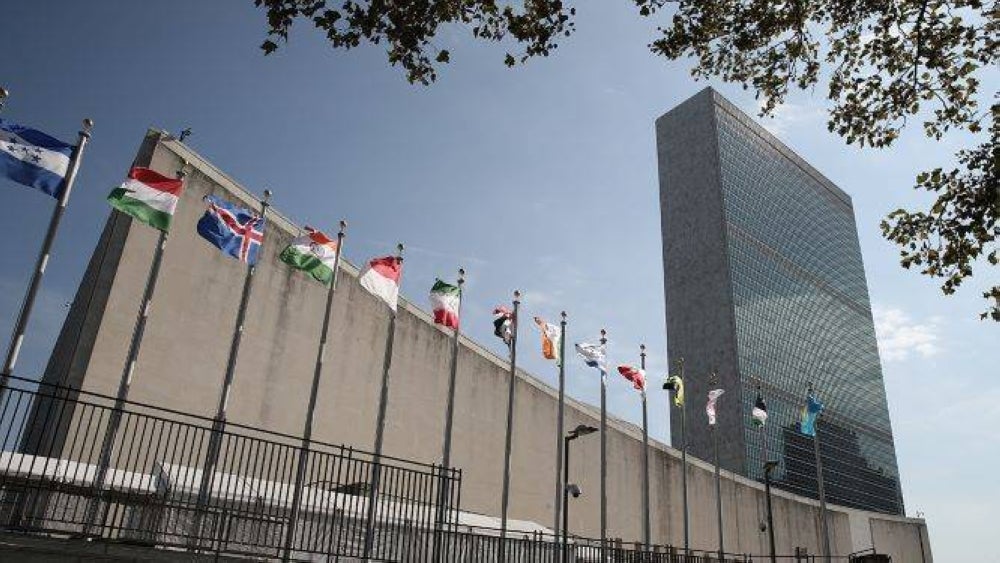War- driven inflation has pushed 71 million people in poverty, says UN
07 Jul 2022 07:39pm

The analysis of 159 developing countries showed that rising commodity prices are already having immediate and devastating impacts on the poorest households, with clear hotspots in the Balkans, countries in the Caspian Sea region, and Sub-Saharan Africa.
A
A
A
ANKARA - War-driven inflation has pushed 71 million people into poverty in just three months since March 2022, according to the United Nations Development Programme (UNDP) on Thursday.
"The impact on poverty rates is drastically faster than the shock of the COVID-19 pandemic," Anadolu Agency quoted the global development agency as saying.
The analysis of 159 developing countries showed that rising commodity prices are already having immediate and devastating impacts on the poorest households, with clear hotspots in the Balkans, countries in the Caspian Sea region, and Sub-Saharan Africa.
"Unprecedented price surges mean that for many people across the world, the food that they could afford yesterday is no longer attainable today," said UNDP Administrator Achim Steiner.
"We are witnessing an alarming growing divergence in the global economy as entire developing countries face the threat of being left behind as they struggle to contend with the continuing COVID-19 pandemic, crushing debt levels and now an accelerating food and energy crisis," urged Steiner.
The report also suggested that targeted cash transfers are more equitable and cost-effective than blanket subsidies.
"While blanket energy subsidies may help in the short term, in the longer term they drive inequality, further exacerbate the climate crisis, and do not soften the immediate blow of the cost-of-living increase as much as targeted cash transfers do," said the report's author George Gray Molina, who is also UNDP's head of strategic policy engagement.
"They offer some relief as an immediate band-aid, but risk causing worse injury over time," he said.
According to the World Bank, the COVID-19 pandemic alone has pushed debt in developing countries to a 50-year high, equivalent to more than two-and-a-half times their revenues.
Countries facing the most drastic impacts of the crisis across all poverty lines are Armenia and Uzbekistan in Central Asia; Burkina Faso, Ghana, Kenya, Rwanda, and Sudan in Sub-Saharan Africa; Haiti in Latin America; and Pakistan and Sri Lanka in South Asia.
In Ethiopia, Mali, Nigeria, Sierra Leone, Tanzania, and Yemen the impacts could be particularly hard at the lowest poverty lines, whereas in Albania, Kyrgyz Republic, Moldova, Mongolia, and Tajikistan the hits could be the hardest. - Bernama














